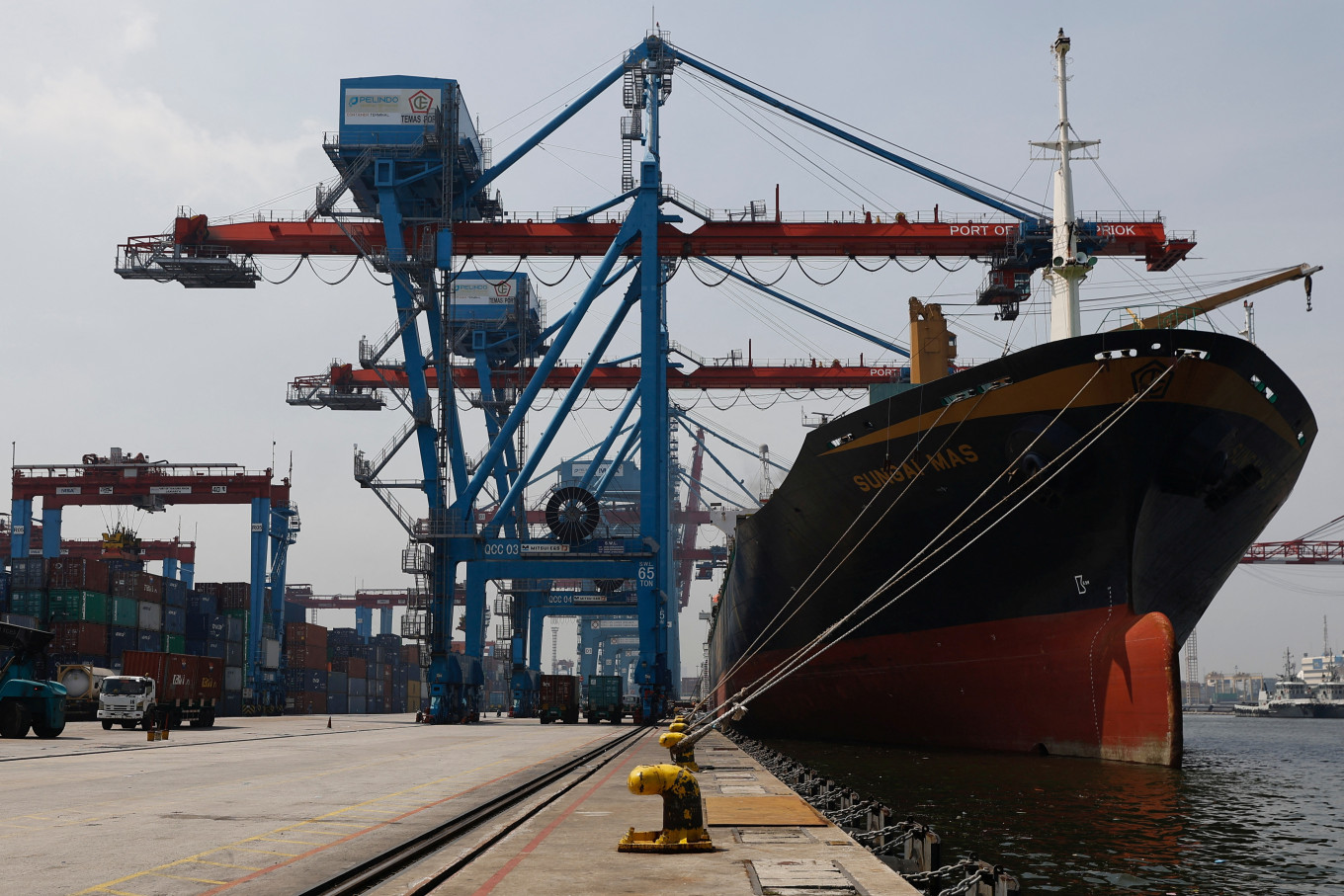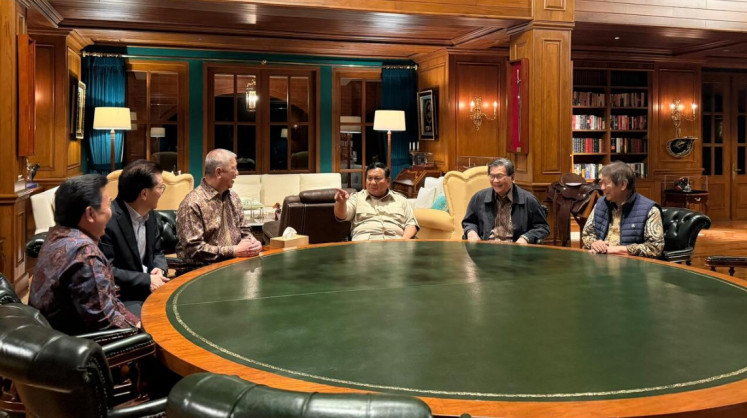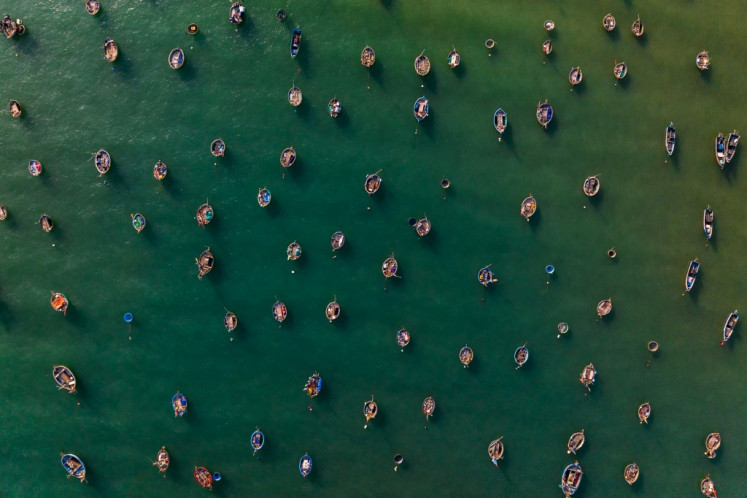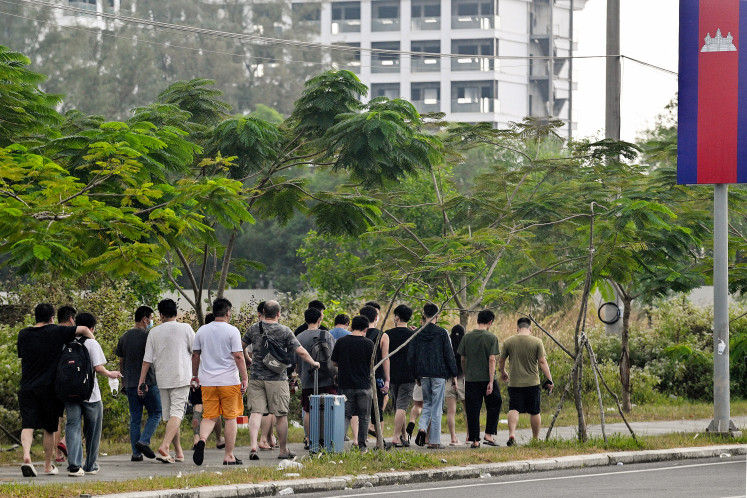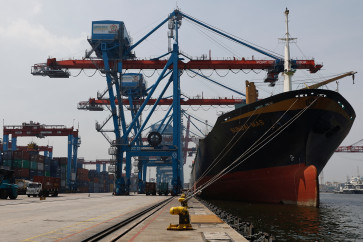Popular Reads
Top Results
Can't find what you're looking for?
View all search resultsPopular Reads
Top Results
Can't find what you're looking for?
View all search resultsHow ASEAN should respond to President Trump’s rising tariffs
Southeast Asia has agency and leverage globally through ASEAN and ASEAN plus arrangements, which can play a leading role in assembling a coalition of the willing in defense of the trade rules.
Change text size
Gift Premium Articles
to Anyone
A
SEAN faces the biggest threat to its economic security since its foundation from the current disruption of the global trade order. Southeast Asia’s development has been a product of its successful integration into the global economy, made possible with confidence in a well-functioning, rules-based multilateral trading system under the World Trade Organization (WTO).
This system has underpinned our regional economic integration under ASEAN, ASEAN+1 and the Regional Comprehensive Economic Partnership (RCEP). That system is under threat. ASEAN can bring its substantial weight to bear to reduce the risks.
Without decisive action, the risks for ASEAN are high, if not existential. But what history teaches us is that the best strategy is not to resist the revolutionaries, but to hijack their revolution and to support them. It is political imagination that we need.
It started with Canada and Mexico and more tariffs are on the way, creating the risk of global contagion. The United States tariffs will exacerbate Chinese excess manufacturing capacity with a flood of Chinese goods, being unable to enter the US, instead hitting Southeast Asian markets. Indeed, we are all already feeling this.
The International Monetary Fund (IMF), Organisation for Economic Cooperation and Development (OECD) and other studies show that the spread of global tariffs and fragmentation would lead to a much bigger and more permanent impact on the global economy than the Global Financial Crisis.
Southeast Asia is deeply integrated into the global economy and would be hurt the most by global markets closing from rising tariffs, with an estimated 9 to 11 percent collapse in ASEAN gross domestic product (GDP). A disintegrating world trade order will be a high risk for ASEAN and is likely to lead to economic and political upheaval in the region, with a disproportionate impact on the poor and vulnerable segments of our population.
Slowing global growth and closing markets will make fighting catastrophic climate change and the green energy transition both more expensive and more difficult.

